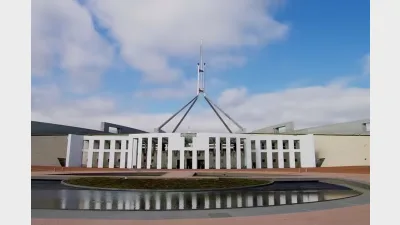CareSuper enters heads of agreement with $1bn fund



CareSuper and Meat Industry Employees’ Superannuation Fund (MIESF) are exploring a member transfer into CareSuper, confirming they have entered into a heads of agreement.
If completed, this would add 17,000 members and over $1 billion in funds under management to $55 billion fund CareSuper.
In a joint statement, Jason Murray, CEO of CareSuper, and Katherine Kaspar, CEO of MIESF, said this comes in recognition of their shared member-first heritage and a focus on excellent service, personalised care, and achieving strong retirement outcomes.
The funds are now set to undertake due diligence regarding the viability of such a move.
“Before a formal decision is made, both funds will undertake the due diligence required to ensure a shared future is in the best financial interests of the members of both funds,” the CEOs said.
“In the meantime, the funds will continue to operate independently with no disruption to operations, each focused on continuing to deliver positive outcomes for their members.”
The merger of CareSuper and Spirit Super was finalised earlier this month, serving over half a million members.
The funds had first announced they were exploring a potential merger in November 2022 and subsequently entered into a memorandum of understanding.
Following an extensive due diligence process, Spirit Super and CareSuper entered into a binding agreement to merge in June 2023 and, earlier this year, confirmed that the deal would be completed at the beginning of November.
Recommended for you
Superannuation fees have continued their multi-year decline, as fund consolidation and index investing deliver scale efficiencies for members.
Super funds demand fast passage of payday super laws, while small business advocates warn of cash flow pressures and compliance risks.
The superannuation industry could move faster on personalisation, according to MLC, and the fund has identified three core areas where it will be focusing its personalisation efforts over the next 12 months.
The Actuaries Institute has released a framework to help super funds deliver affordable guidance and advice to millions approaching retirement.










